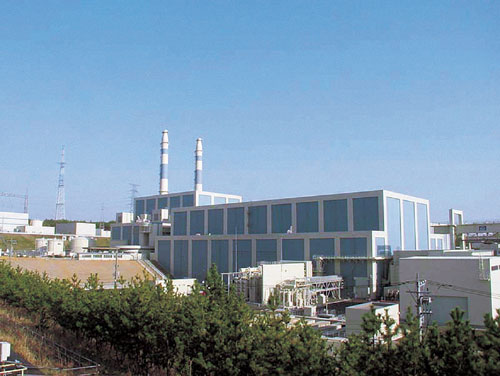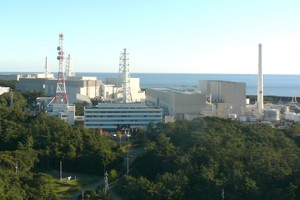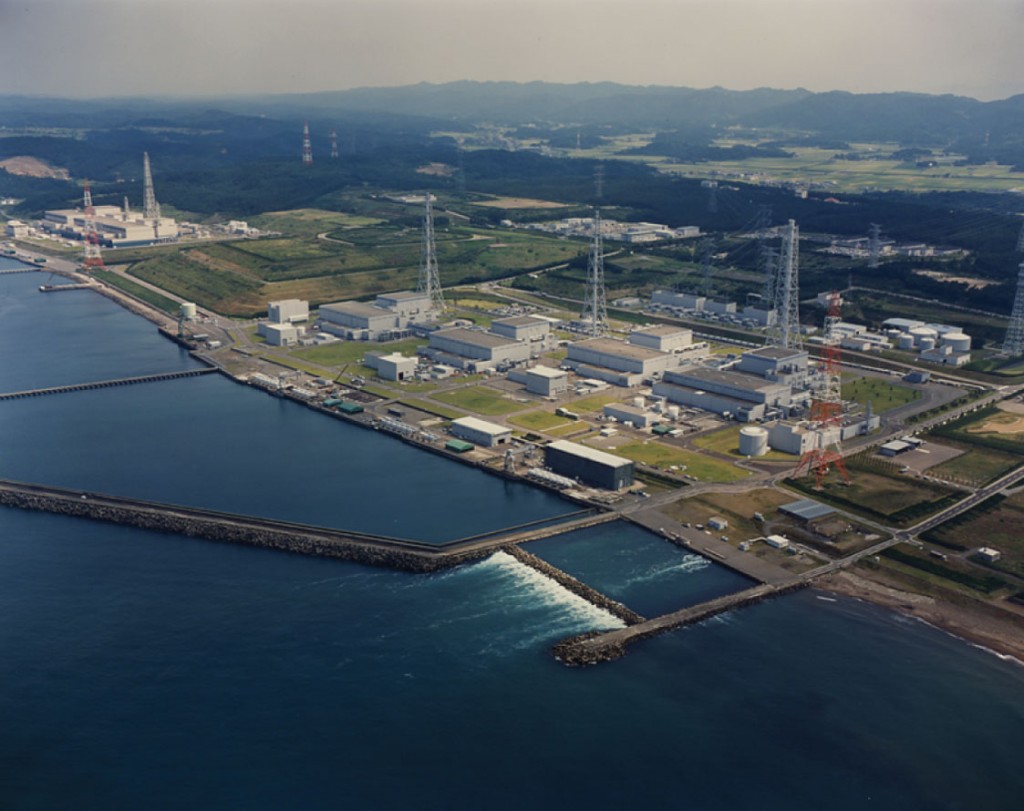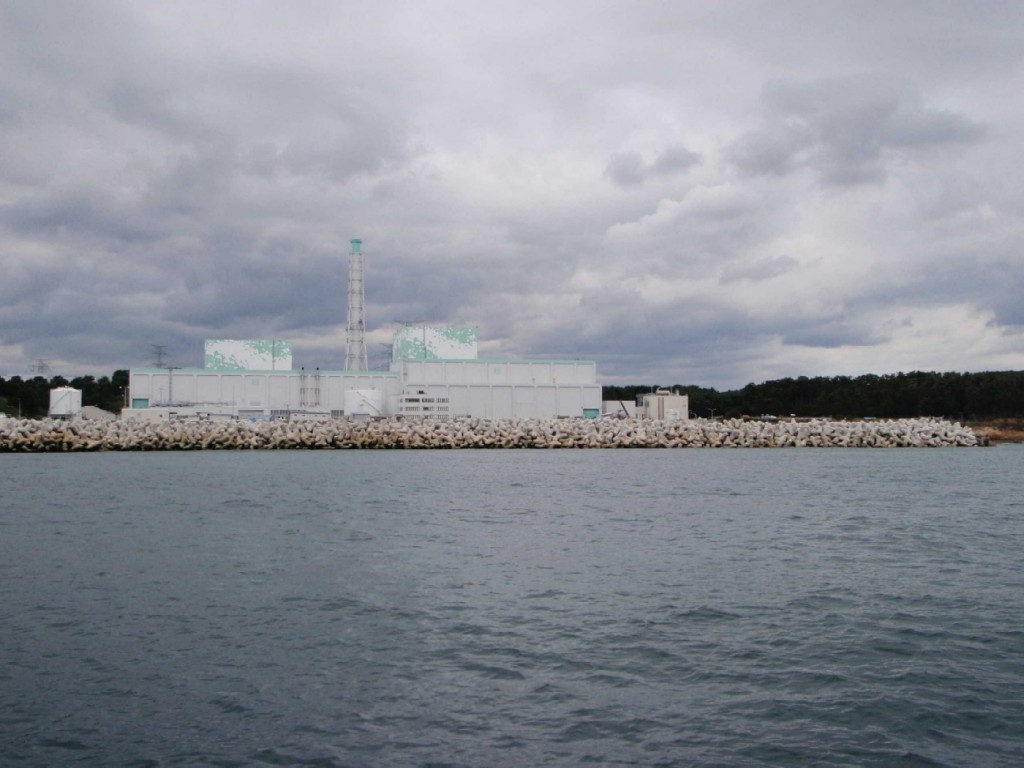Japan should revive its nuclear industry, says new report
 The Atlantic Council’s Global Energy Center has issued a report, Japan’s Nuclear Reactor Fleet: The Geopolitical and Climate Implications of Accelerated Decommissioning, contending that Japan’s reaction to the 2011 Fukushima Daiichi nuclear accident has led to an increased dependence on carbon-emitting energy sources that ultimately undermine the country’s recently announced climate goal of achieving net-zero emissions by 2050.
The Atlantic Council’s Global Energy Center has issued a report, Japan’s Nuclear Reactor Fleet: The Geopolitical and Climate Implications of Accelerated Decommissioning, contending that Japan’s reaction to the 2011 Fukushima Daiichi nuclear accident has led to an increased dependence on carbon-emitting energy sources that ultimately undermine the country’s recently announced climate goal of achieving net-zero emissions by 2050.
Recommendations: Released just a few months prior to the 10-year anniversary of the accident on March 11, 2011, the report recommends that Japan:
- Use its existing nuclear fleet in the near and long term to 2050,
- remain involved in global civil nuclear trade,
- develop a role for advanced nuclear technologies, including small modular reactors, which it should deploy as soon as feasible,
- rebuild its nuclear energy workforce and public trust in nuclear power, and
- regain its leadership position in the climate battle.



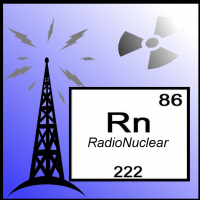 Welcome to the New Year! Even though I am on the road, there is just so much happening lately in nuclear I could not pass up the opportunity to talk about it!
Welcome to the New Year! Even though I am on the road, there is just so much happening lately in nuclear I could not pass up the opportunity to talk about it! 